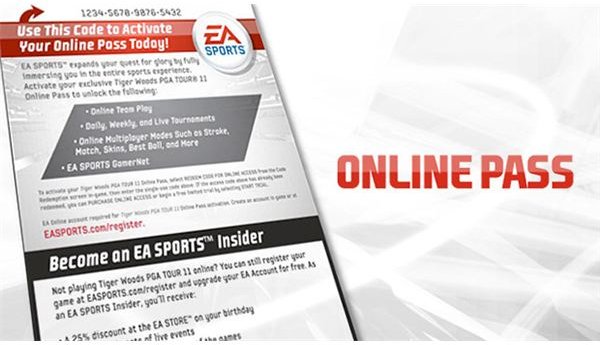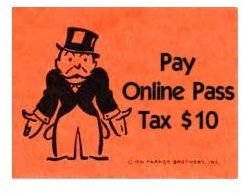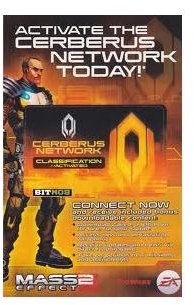The Online Pass: What Publishers Need to Do to Get Gamers On Their Side

Wait, Hold Up, What is an “Online Pass” Anyway?
The online pass system began to gain popularity after publishing giant Electronic Arts (better known as EA) included a one-time-use code in each new copy of their EA Sports games that granted players access to the multiplayer portion of said sports titles. People that purchase these games second-hand will find that the codes were, obviously, already used and so have to buy a pass via either the Xbox LIVE Marketplace or the PlayStation Network for $10.
THQ quickly followed by making charging second-hand UFC Undisputed 2010 players $5 to, like EA, access the multiplayer portion of the game. Other publishers began to see that, despite all the hate and controversy which instantly grew around the online pass implementation (especially with EA’s devil-like status already) that second-hand gamers were still buying these passes to go online.
It’s no secret that these passes were made to ultimately tackle the second-hand game market, and from a sales viewpoint, it seems to be working – even if it is slow. Now, the current list of publishers who have implemented online passes include THQ, EA Games, and Warner Bros. Interactive among others.
What Publishers Are Doing Wrong With the Online Pass System
If you follow gaming news, then you’ll without a doubt know that the online pass system is most certainly not popular among the gaming community; while it seems as though these publishing giants just want to make a bit of money from their own games in the second-hand market (something that, until now of course, was impossible for them to do), many gamers feel as though that these publishers are simply being greedy and that what they’re doing is unfair.

Now, the reason why so many gamers feel this way is because these publishers are being very aggressive with these online passes in the sense that – in most cases– these online passes are required to access the whole multiplayer portion.
Why can’t more publishers do what Warner Bros. Interactive did with F.E.A.R. 3 and just limit some of the online capabilities like taking away a few game types and maps, basically telling second-hand users, “Oh, hey, so you bought the game second-hand then, that’s okay; here, play part of the online portion and if you want access to more then you can simply buy an online pass”?
That’s more likely to get someone to purchase an online pass rather than telling second-hand users, “Ha, you bought this game second-hand and we know it, now pay us $10 so you can get online and see if that $10 you just spent was worth it.”
Should Gamers Accept the Online Pass?
What many gamers fail to understand is that when they purchase a game second-hand at any videogame store, none, and I mean none, of the money that you give to the store owner will go towards the hard-working developers that spent years on making it; not a single penny. People who aren’t blinded by their own anger against online passes will, hopefully, understand why publishers are using this method to try and get a bit of cash out of the second-hand market.

Now, taking this and the aggressive nature with which publishers are using these online passes, it’s understandable why some gamers are upset – but sometimes it’s for the wrong reasons. I’ve been seeing an increasing amount of gamers who always purchase games new complaining about it; but why?
They don’t have anything to worry about, it’s actually quite pathetic to see them writing stuff on Internet forums like, “I’ve been supporting EA all these years by buying their games new and now they introduce online passes and shaft us.” No, that’s not what’s going on, in fact, they’re actually rewarding people who purchase the game new because publishers are trying to make these codes more attractive by including access to free DLC.
Just take a look at Mass Effect 2, for example, free DLC was constantly being developed for those who had used the code provided, while others had to pay for them – that’s not “shafting” long-time supporters, that’s basically giving them extra reassurance that they care about them.
So yes, gamers should accept these online pass implementations that’s becoming more and more popular among publishing giants, but publishers also need to loosen their grip on how much not using the online pass takes away from the game.
What Do You Think?
I’ve given the background on how the online pass came to be, and why so many gamers have become angered by it that the very word is now in infamy. I’ve also explained what publishers should be doing to re-gain the trust of gamers upset over it, and what gamers themselves need to do in order to support these decisions.
The only, and most important, thing missing now is your take on this. Do publishers have the “right” to be implementing these online passes? Should gamers just face the fact that online passes are here to stay, and that there is absolutely nothing wrong with them?
Sound off in the comments below.
References are from author’s own experiences. Sources to the above images can be found here, here and here respectively.
